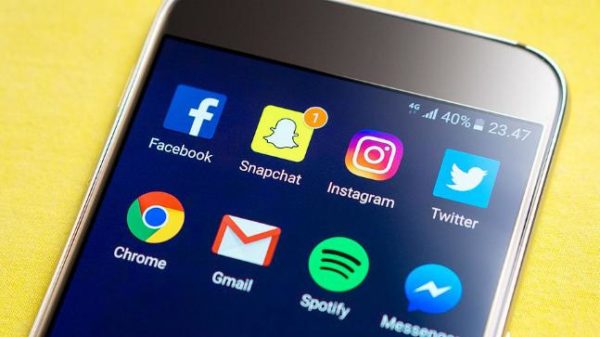Uganda’s parliament on Friday passed a law to impose a controversial tax on the people using social media platforms. The tax imposes a daily fee of 200 shillings (Rs 3.55 approximately) to be levied on people using internet messaging platforms like Facebook, WhatsApp, Viber and Skype and Twitter.
While this tax might seem insignificant to most users, it is a significant number as per Uganda’s economy. For reference, according to the data available with World Bank, Uganda’s Gross National Income per capital was $630 in 2016 (Rs 42,295 approximately). That makes the average national daily income of the Ugandans to stand around $1.72 (Rs 115.46 approximately), making a tax of $0.053 (Rs 3.55 approximately) a significant burden for the citizens.
President Yoweri Museveni, who has been a vocal supporter of the bill, has pushed the changes arguing that social media encouraged gossips, BBC reported.
As per the report, Museveni in a letter written to the finance minister Matia Kasaija back in Mach this year had insisted on the need to tax the citizens using social media on the grounds that it would help the country to cope with the harmful impacts of gossiping. “Olugambo(gossip) on social media (opinions, prejudices, insults ,friendly chats) and advertisements by Google and I do not know who else must pay tax because we need resources to cope with the consequences of their lugambo,” Museveni had written in the letter as per a report by Nile Post. However, he had said that internet used for educational, research and reference purpose would be exempted from the tax.
While the tax will come into effect on July 1, it remains uncertain how the Ugandan government will track the internet usage to levy the tax.
However, Uganda is not the only country that has imposed restrictions on the use of social media in recent times. Last month, Papua New Guinea banned the use of Facebook in the country for a month. As per the reports, the government banned the use of the social media platform in the country to understand how it was consumed by the people. However, its ultimate goal was to curb the menace of fake news in the country.



Leave a reply